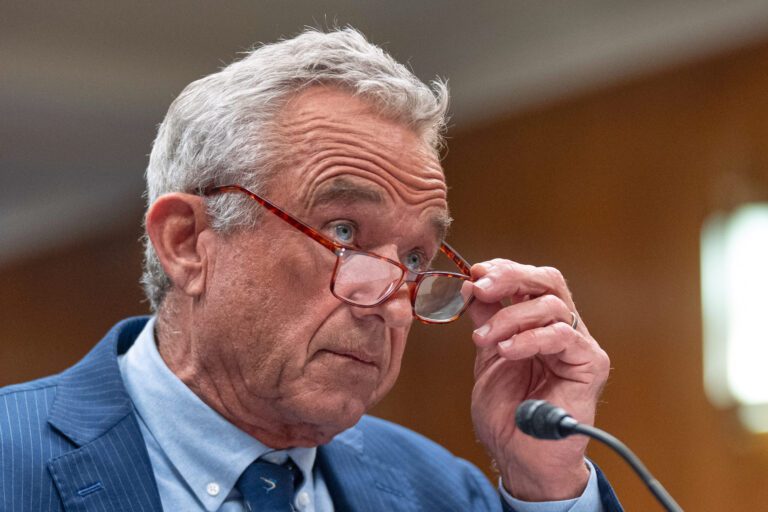U.S. Rejection of WHO Amendments: A Stand Against Global Health Regulation Changes
The United States has officially rejected proposed amendments to international health regulations that, according to the Trump administration, could pave the way for the World Health Organization (WHO) to impose unnecessary global lockdowns and surveillance over individual health data.
Key Figures in the Rejection
Health and Human Services Secretary Robert F. Kennedy Jr. and Secretary of State Marco Rubio announced the administration’s stance in a formal statement on Friday. They argue that the proposed rules would grant the WHO undue power, enabling international bureaucrats to influence domestic policies in the U.S.
Concerns Raised
The administration’s concerns focus on several critical areas:
-
Lockdowns and Travel Restrictions: The new regulations could authorize the WHO to implement lockdowns and travel limitations in response to what the administration describes as "nebulous potential public health risks."
-
Vague Terminology: Secretary Rubio emphasized that the language used in the amendments is broad, potentially allowing WHO responses to prioritize political solidarity over rapid and effective action against health emergencies.
-
Impact on Medical Supply Access: There is apprehension that the new rules might limit American access to medical supplies by mandating “equitable access” during health crises.
- Personal Privacy Issues: The amendments advocate for countries to adopt digital health documents and vaccine passports, raising alarms about compiling private health data in a global database.
"It lays the groundwork for global medical surveillance over every human being," warns Kennedy.
Counterclaims by the WHO
The WHO has defended the amendments, stating they pose no threat to national sovereignty and do not empower the organization to impose travel bans or lockdowns. However, the Trump administration maintains that the decision-making process was rushed and lacked adequate public discourse.
Legal Implications
The proposed amendments will become binding unless rejected by the U.S. by the looming deadline. Even if the United States withdraws from the WHO, it risks being subjected to these international regulations if they are not formally rejected.
Broader Issues and Considerations
The Trump administration has long expressed concerns about the WHO’s handling of the COVID-19 pandemic, alleging that it allowed China to mask critical information during the outbreak. This oversight is part of a broader narrative questioning the agency’s accountability.
The U.S. has historically been the largest contributor to the WHO, providing a significant portion of its funding. Recent Congressional cuts include reductions in foreign aid that target funding for the WHO.
Conclusion
The rejection of the proposed amendments to the International Health Regulations signifies a contentious debate about international health authority and national sovereignty. As the U.S. navigates its relationship with global health organizations, the implications for public health policy and civil liberties remain under scrutiny.
For more on international health regulations and their implications, visit WHO’s Official Page and stay updated on related news articles for further insights.


